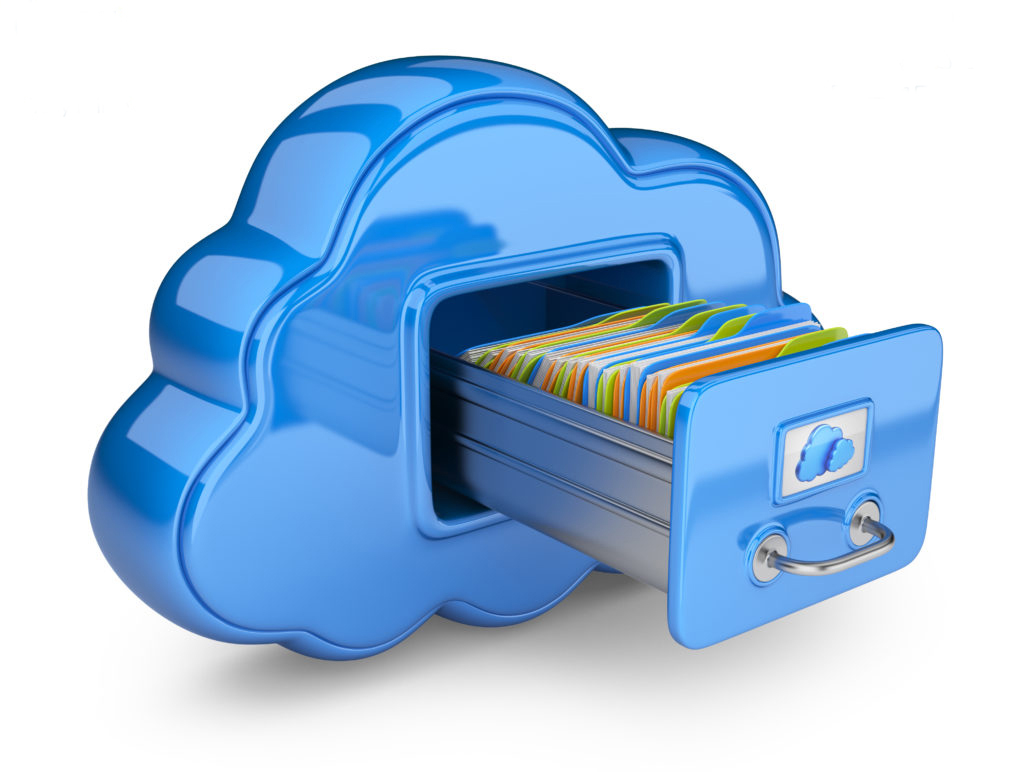I. Introduction
CRM (Customer Relationship Management) software is a digital tool that helps businesses manage interactions with current and potential customers. It centralizes customer data, streamlines communication, automates sales processes, and tracks leads and opportunities—ultimately improving customer relationships, increasing sales efficiency, and enabling teams to make informed, data-driven decisions.
CRM software plays a crucial role in modern sales by centralizing customer information, streamlining lead management, and enhancing communication across teams. It enables sales representatives to track interactions, automate routine tasks, and personalize outreach—resulting in improved efficiency, higher conversion rates, and stronger customer relationships that drive long-term business growth.
II. Why CRM Software is Essential for Sales Teams
Centralized customer data management means storing all customer information—contact details, communication history, purchase records, and preferences—in one unified system. This ensures sales teams can easily access accurate, up-to-date data, leading to better customer interactions, personalized service, and improved efficiency across the sales process without switching between multiple tools or platforms.
Improved lead management and nurturing means you can easily track potential customers, follow up on time, and guide them through the sales journey with personalized communication—helping turn more leads into paying customers.
Enhanced team collaboration and communication means that all sales team members can easily share updates, customer details, and follow-up actions in one place. Everyone stays on the same page, avoids duplicate work, and responds faster to customer needs.
Data-driven decision-making with analytics means using reports and insights from your CRM to make smart sales choices. Instead of guessing, you look at real data—like which leads are converting, which products sell best, or when customers are most active. This helps your sales team focus on what works and improve their strategy.
III. Key Features of CRM Software for Sales Success
- Lead and pipeline management
- Contact and account management
- Sales forecasting and reporting
- Workflow and task automation
- Mobile access and cloud capabilities
- Integration with other tools (email, phone, social, ERP, etc.)
IV. Benefits of Using CRM Software in Sales
Increases sales productivity and performance means that CRM software helps your sales team work faster and smarter. It saves time by automating tasks, keeps all customer info in one place, and helps salespeople focus on closing deals instead of doing paperwork. This leads to more sales in less time.
CRM software helps sales teams work faster and smarter. It reduces time spent on manual tasks, keeps all customer info in one place, and reminds them to follow up with leads—leading to more deals closed in less time.
Enables better customer engagement and retention
CRM software lets you see every step of your sales process clearly — from the first contact with a lead to closing the deal. You can track where each potential customer is, what actions have been taken, and what needs to happen next. This helps sales teams stay organized and focused on moving deals forward efficiently.
CRM software makes it easier to handle more customers and sales without needing to add a lot of extra staff. It automates routine tasks, keeps information organized, and helps sales teams work faster and smarter as the business grows.
V. Conclusion
CRM software is an essential tool for modern sales teams, offering a centralized system to manage customer data, streamline lead nurturing, and improve team collaboration. By automating routine tasks and providing valuable insights through data analytics, CRM helps sales teams work more efficiently, close deals faster, and build stronger customer relationships. Ultimately, adopting the right CRM software empowers businesses to scale their sales operations, increase productivity, and drive long-term growth with greater ease and precision.



